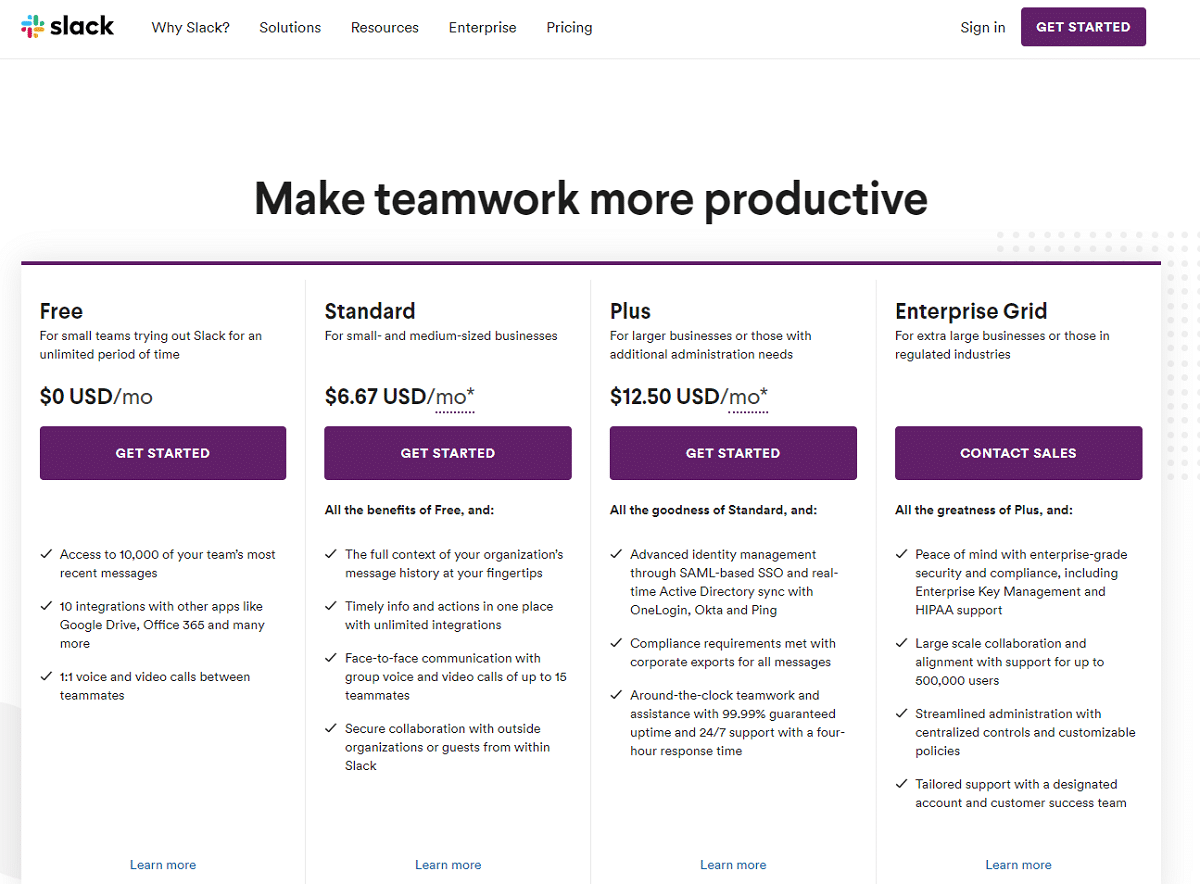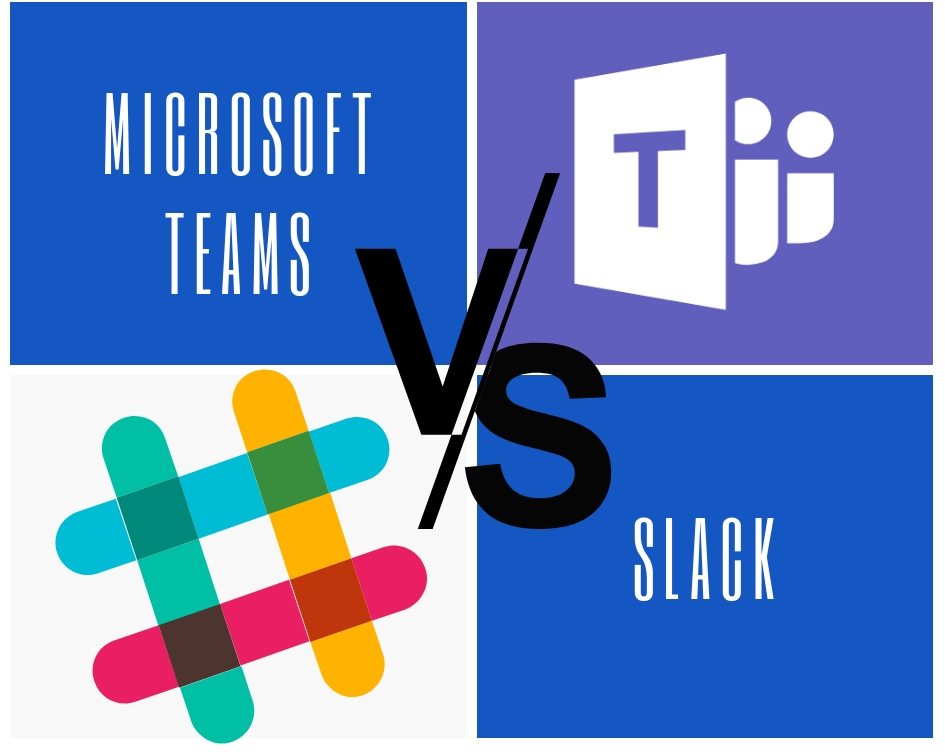

- SLACK VS TEAMS REDDIT FOR FREE
- SLACK VS TEAMS REDDIT FULL
- SLACK VS TEAMS REDDIT PRO
- SLACK VS TEAMS REDDIT PLUS
Statuses are also more customizable in Slack than in Teams. (That said, Teams allows you to choose to switch off either mentions, likes, or direct messages, whereas Slack groups these together as one option.) And unlike in Slack, you can't get banner notifications for one channel but no notifications for another. Like Slack, you get four options (banner, banner and email, only show in feed, none), but you can only apply them across all teams, all channels, or all private messages. Microsoft Teams' notification settings pale by comparison. But if your team doesn't need all the other tools that come with the Microsoft package, Slack might make more sense.
SLACK VS TEAMS REDDIT FOR FREE
If you already have an existing office app tech stack that your team is using (Google Workspace, for example), you can integrate all of them with Slack for free on any of their paid plans.īottom line: If you're a large organization that already uses a Microsoft 365 business package, Teams is going to be the most affordable option for you.
SLACK VS TEAMS REDDIT FULL
That said, it's only going to make sense if you're interested in bringing a full Microsoft package into your organization. Those extras just about double the price.Ĭonsidering Slack charges about the same but doesn't include any other business apps and services, you get a lot more for your money with Microsoft.
SLACK VS TEAMS REDDIT PRO
The Pro plan doesn't even come with everything Slack has to offer, as you miss out on the promise of 99.99% guaranteed uptime, single sign-on options, administrator privileges to provision and deprovision accounts, and the ability to export all messages for corporate compliance purposes. Slack's paid plans start at $6.67/month per person for Pro, and you get only Slack.
SLACK VS TEAMS REDDIT PLUS
But for $6/month, you can get an Office 365 Business Essentials account, which includes Teams plus a load of core Microsoft services: Exchange, Outlook, SharePoint, OneDrive, and more. Paid plans for Microsoft Teams start at $4/month per person if you're going for Teams as a standalone product. But once you go outside Slack's free plan, it gets less affordable for large numbers of users compared to Teams. 25,000-although both companies have pointed out that the numbers are so high that it basically means users are unlimited). Technically, Slack can accommodate more users per organization than Teams (100,000 members vs. Teams: Microsoft Teams is a better value for larger teams

Take a look, and then read on for details on the main differences between the two apps. Here's an overview of how some of the main chat app features of Slack and Teams stack up against each other. Teams: The difference between Slack and Teams While either app can support as many or as few participants as you want, Teams tends to scale better in terms of user experience. If you already use another app like Zoom, Slack tends to be better for chat.

If you use calls as much as chat and you want a built-in tool, you'll go with Teams.

If you're a Microsoft-focused organization, you'll want Teams. If you have an existing (non-Microsoft) tech stack of tools that are already embedded into how you work as a team, Slack is almost definitely going to be your best option. Choosing between Slack and Microsoft Teams really boils down to a few basic things: Microsoft Teams: Factors to considerĪt the core, both Teams and Slack are business messaging apps that help teams stay in touch and share files securely across various devices. Here, I'll dig into what differentiates Slack and Teams, so you can make a decision based on what your dealbreakers are. That's great news for users, but it does make choosing between Teams and Slack even harder. If you notice there's a feature that Slack doesn't have but Teams does, it's likely you'll see it appear in the next Slack release (and vice versa, of course). Since the pandemic, both apps have been consistently upping their game to compete for best team chat app on the market. They also have a lot in common, but the experience of using Slack vs. I've used both Slack and Teams a lot over the years, and honestly? I like both of them.


 0 kommentar(er)
0 kommentar(er)
